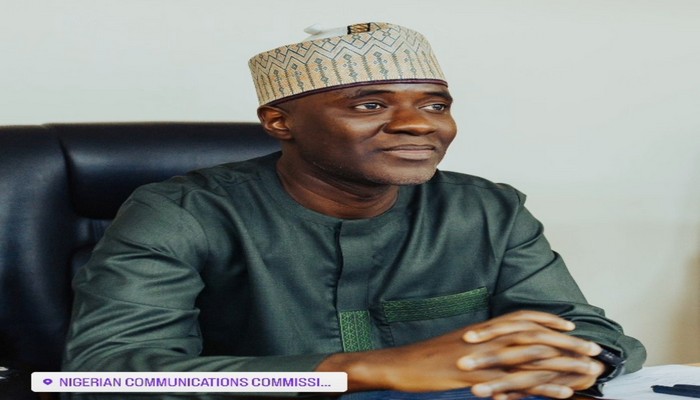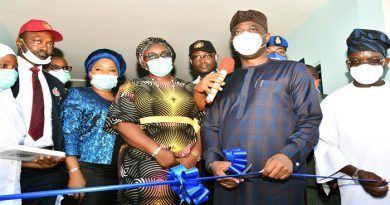Nigeria seeks joint protection of undersea cables across West Africa
Nigeria has called for a coordinated and multilateral approach by the West African region to protect shared telecommunications infrastructure and diversify connectivity to ensure uninterruptible connections.
This followed the recent undersea cable cuts that disrupted connectivity in many countries in the region.
The Executive Vice Chairman of the Nigerian Communications Commission (NCC), Dr. Aminu Maida, made the submission in a statement delivered at the 21st West Africa Telecommunications Regulatory Assembly (WATRA) Annual General Meeting (AGM) which held in Freetown, Sierra Leone, from the 19th to 22nd March 2024.
According to a statement from the Commission, Maida, whose message was delivered at the WATRA AGM by the Deputy Director, Public Affairs of the Commission, Nnenna Ukoha, stated that the recent submarine cable cuts that resulted in nationwide outages on multiple networks in 12 African countries has raised the urgent need for the subregion to establish a mechanism to protect itself from damage to submarine infrastructure and its attendant impact on the subregion.
Maida referred to a report by Cloudflare, an IT service management firm, which indicates that about six countries, including four West African countries, were still suffering from the outages caused by the submarine cable cuts, to buttress the call
Highlighting the benefits of a secure telecom infrastructure across the region, the NCC boss said:
“Securing telecom infrastructure is paramount for fostering Foreign Direct Investment (FDI) and enhancing investor confidence in the West African sub-region. The reliability and resilience of telecommunications networks are crucial factors that investors consider when evaluating regional opportunities.
“By ensuring the security of these vital assets, we can attract more investment, spur economic growth, and enhance our competitiveness on the global stage. A secure telecoms infrastructure not only facilitates efficient communication and connectivity but also signals a commitment to safeguarding critical assets essential for business operations.
“This assurance can significantly boost investor confidence and create a conducive environment for sustainable economic development.”
According to him, the impact of events like cable cuts highlights the need for a coordinated, multilateral approach to protecting shared infrastructure across our member nations.
Maida, therefore, proposed “the urgent need to set up a framework for joint monitoring, risk mitigation, and emergency response procedures for the submarine cables that pass through the sub-region.




